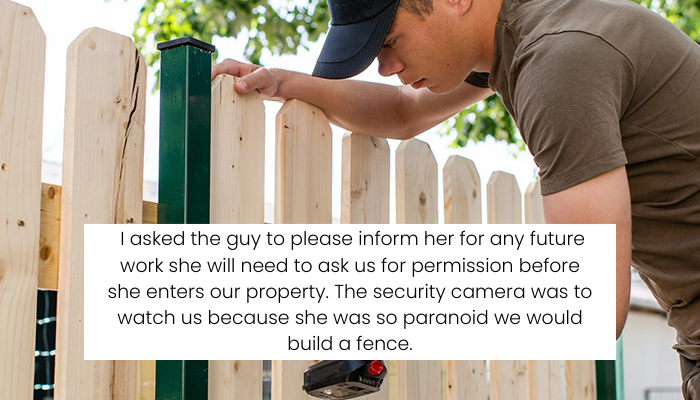Neighbor’s Obsession Escalates Over Front Yard Fence Installation
A homeowner’s decision to install a front yard fence for security reasons has led to escalating tensions with an elderly neighbor, culminating in accusations, police involvement, and ongoing harassment. The neighbor, known for her meticulous lawn care, had previously utilized the homeowner’s property to access the unfenced side of her house. The introduction of the new fence disrupted this informal arrangement, leading to claims of property encroachment and a series of confrontational incidents. Despite attempts to offer solutions, such as providing a gate key, the neighbor’s behavior has become increasingly erratic, involving city officials, law enforcement, and other neighbors in the dispute.
Building a fence around your property can help increase your privacy and security
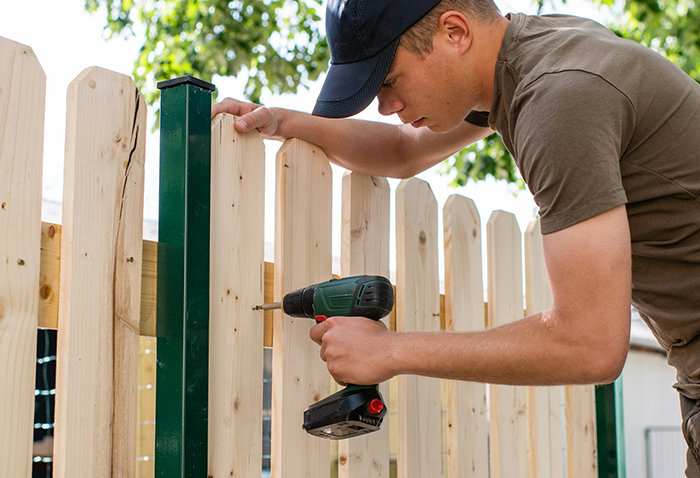
But one family has hit a brick wall after their neighbor accused them of stealing her land
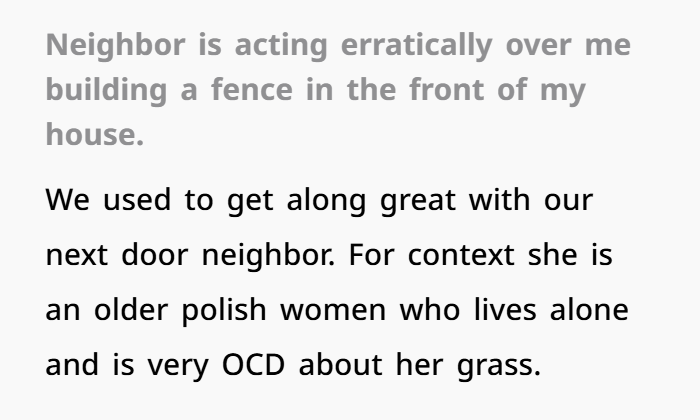
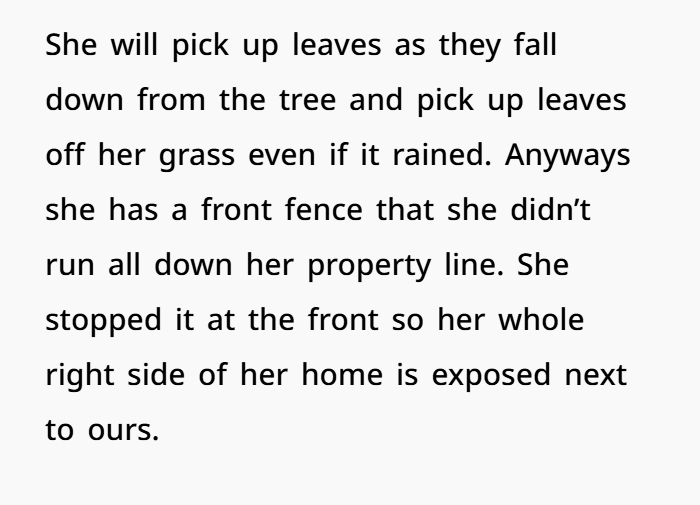
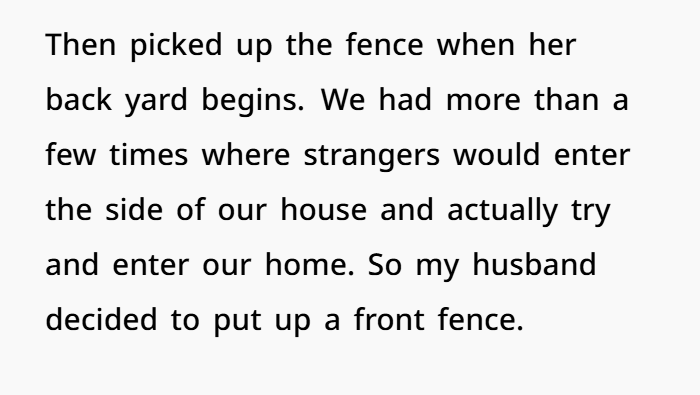
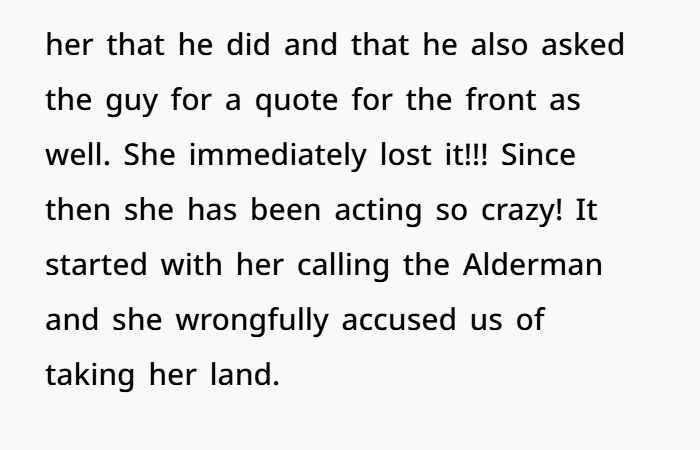
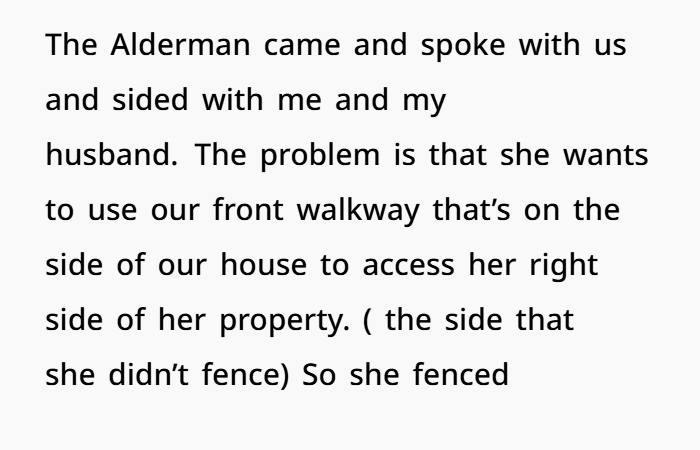
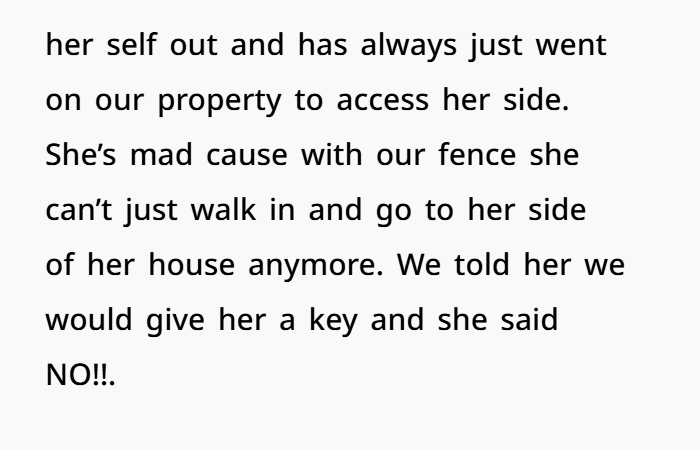
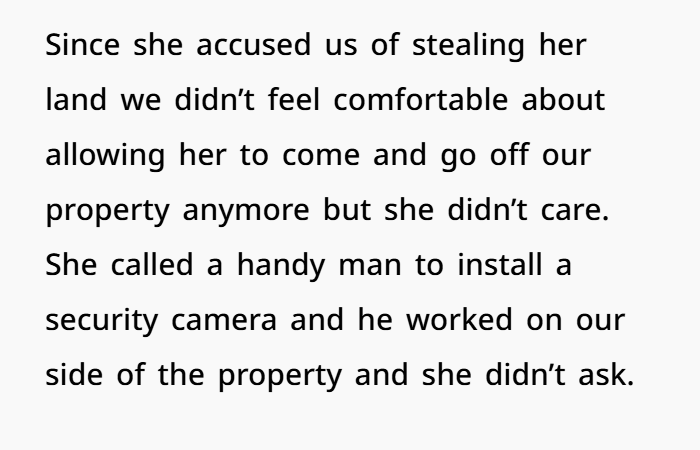
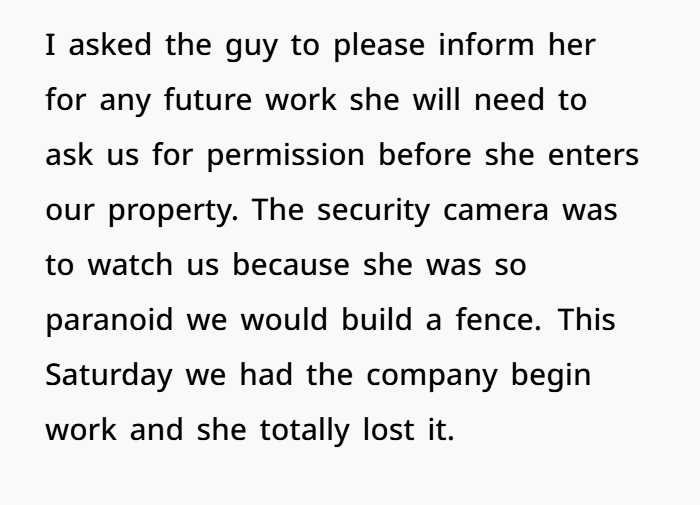
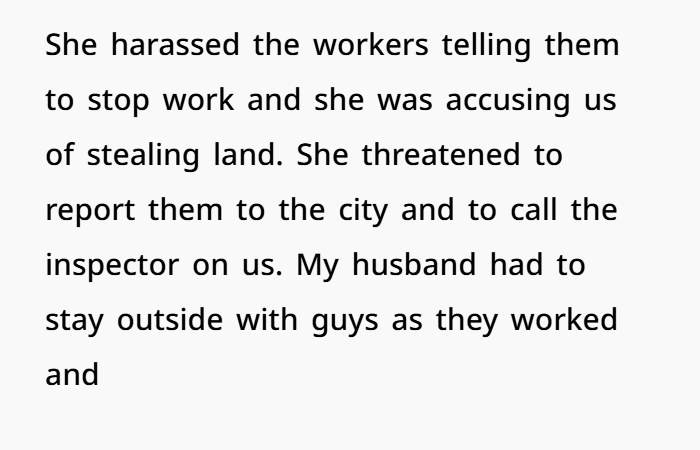

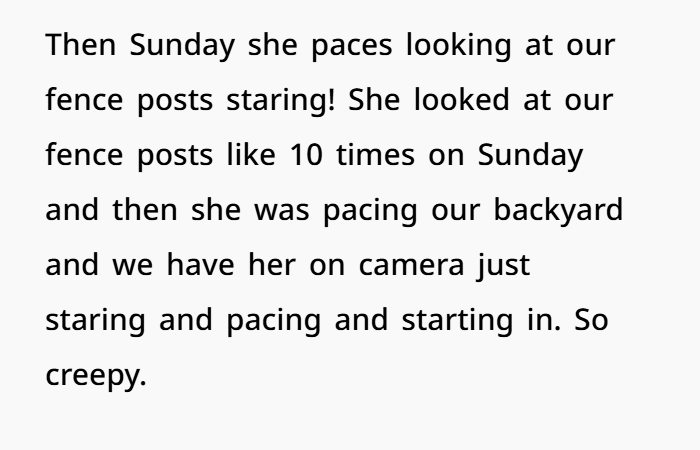
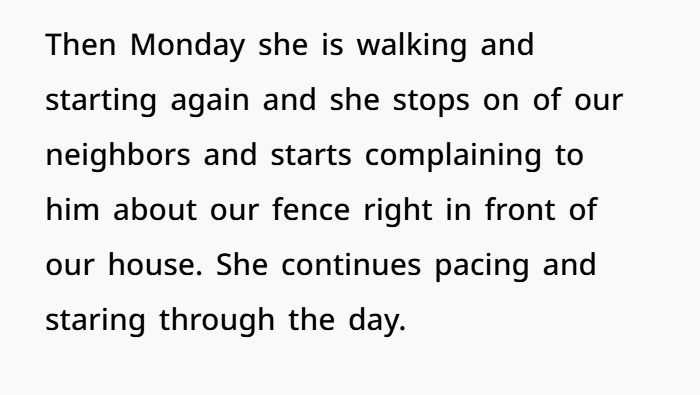
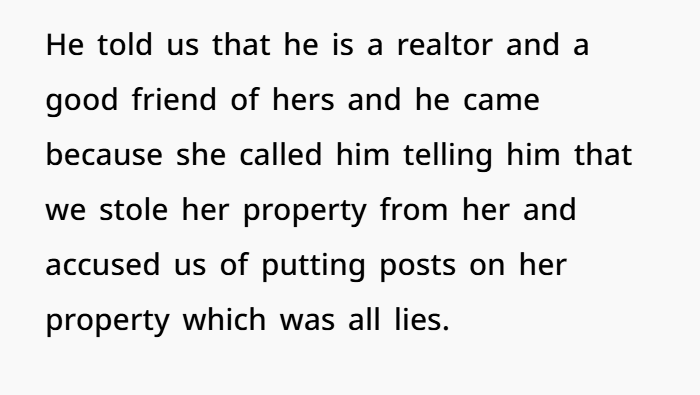
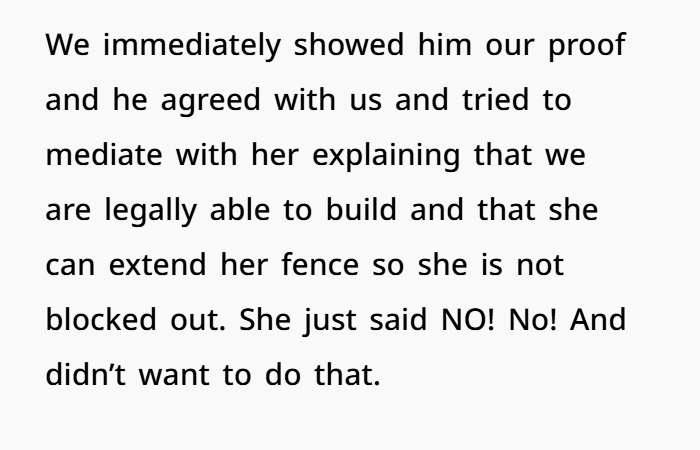
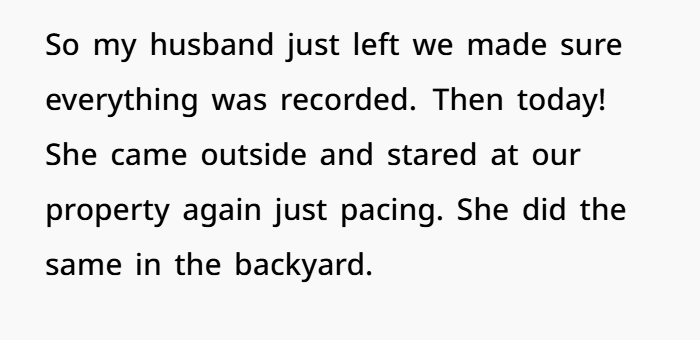
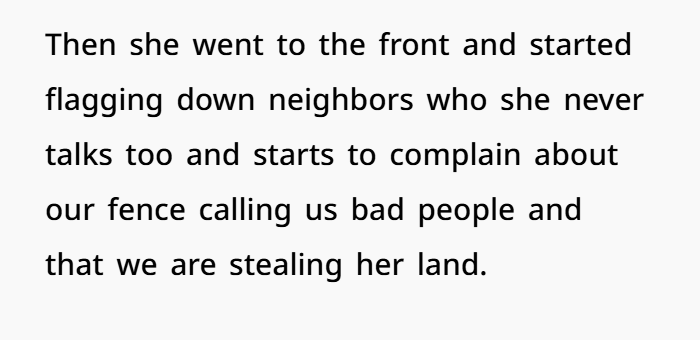
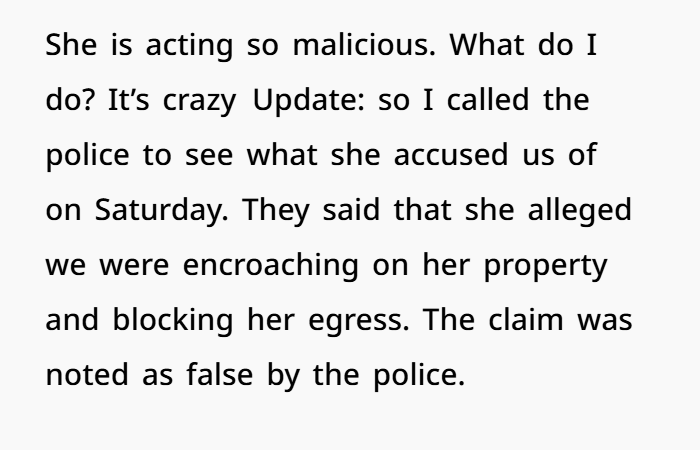

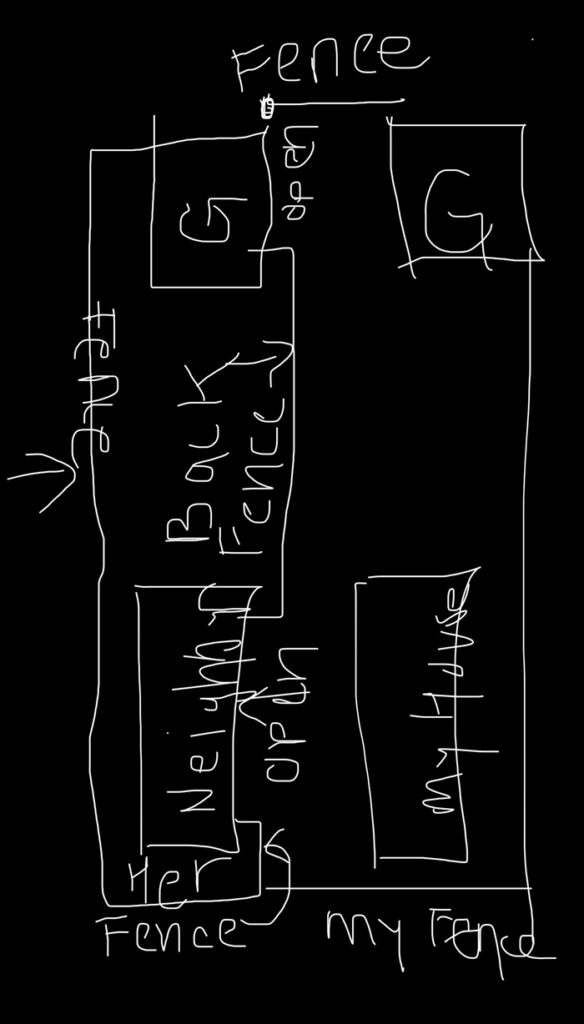

I’m sorry to hear about the distressing situation you’re experiencing with your neighbor regarding the construction of your front yard fence. Navigating such disputes can be challenging, but understanding your legal rights and responsibilities can provide clarity and direction. Here’s a comprehensive overview tailored to your circumstances:
Understanding Property Boundaries and Fence Laws in Illinois
- Property Boundaries: Ensuring that your fence is constructed within your property’s boundaries is paramount. It’s advisable to have a professional survey conducted to accurately delineate property lines. This not only safeguards against potential encroachment claims but also provides documented evidence should disputes arise.
- Illinois Fence Laws: In Illinois, when two adjoining landowners share a boundary, both are typically responsible for maintaining a “just proportion” of the division fence. However, if one party chooses to erect a fence solely on their property, they may bear the full cost and responsibility. It’s essential to communicate intentions clearly to avoid misunderstandings.
City of Chicago Fence Regulations

Given your location in Chicago, specific municipal codes apply:
- Permit Requirements: For residential properties, fences up to 5 feet in height generally do not require a permit. However, any fence exceeding this height necessitates obtaining a building permit. It’s crucial to adhere to these regulations to ensure compliance and avoid potential legal complications.
- Height Restrictions: Front yard fences are typically limited to 4.5 feet in height. If you desire a taller fence, it must be at least 80% open (such as a wrought iron fence) and can be up to 6 feet tall. These restrictions aim to maintain neighborhood aesthetics and ensure safety.
Addressing Neighbor’s Actions
Your neighbor’s behavior, including unauthorized entry onto your property and interference with construction, raises several concerns:
- Unauthorized Access: Your neighbor’s historical use of your property for access does not grant her legal rights to continue this usage without your consent. By offering her a key, you demonstrated goodwill, which she declined. Legally, you are not obligated to provide her access, especially if no formal easement exists.
- Harassment and Interference: Repeated harassment of construction workers and unwarranted police calls can be deemed as nuisance behavior. Illinois law recognizes private nuisance claims when an individual’s actions substantially and unreasonably interfere with another’s use and enjoyment of their property. Documenting these incidents meticulously can be invaluable if legal action becomes necessary.
Recommended Actions
To navigate this situation effectively:
- Document Everything: Maintain a detailed record of all interactions, incidents, and communications with your neighbor. Photographs, videos, and written notes can serve as crucial evidence if disputes escalate.
- Consult Legal Counsel: Engage with an attorney experienced in property and neighbor disputes in Illinois. They can provide personalized advice, mediate discussions, and, if necessary, represent your interests in court.
- Seek Mediation: Before pursuing litigation, consider mediation as an alternative dispute resolution method. A neutral third party can facilitate a conversation between you and your neighbor to reach a mutually acceptable agreement.
- Engage Local Authorities: If your neighbor’s behavior persists or escalates, don’t hesitate to involve local law enforcement or community mediation services. They can offer immediate assistance and help de-escalate tensions.
The person provided more info in the comments and lots of netizens gave advice







While neighbor disputes can be emotionally taxing, grounding your actions in legal knowledge and maintaining open lines of communication can lead to amicable resolutions. Prioritize your rights and well-being, and seek professional guidance to navigate this challenging situation effectively.

